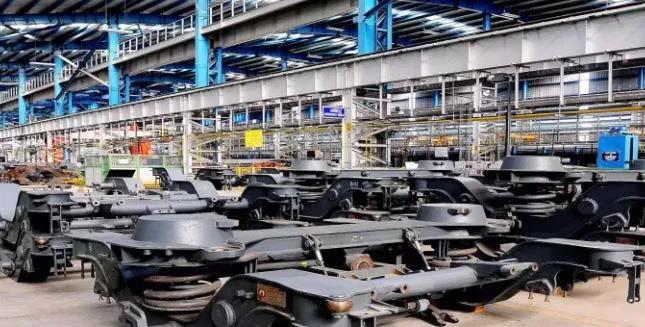
MSME Closures in India Double to 35,567 in FY25: A Growing Concern
The Micro, Small, and Medium-sized Enterprises (MSME) sector in India has been facing a severe crisis, with the number of closures surging to 35,567 by February 2025, nearly doubling the figures of the previous financial year (FY24). This alarming trend has far-reaching implications for the economy, as it not only affects the businesses themselves but also the livelihoods of millions of people employed in the sector. In this blog post, we will delve into the reasons behind this surge in MSME closures, the states that are worst hit, and the measures needed to revive the sector’s growth.
Reasons for MSME Closures
The MSME sector, which accounts for around 30% of India’s GDP and employs over 120 million people, has been grappling with several challenges that have led to a significant number of closures. Some of the key reasons include:
- Regulatory Hurdles: The MSME sector is often plagued by complex regulations, which can be difficult to navigate, especially for small businesses. The lack of clarity on tax laws, labor laws, and other regulations has led to many businesses shutting down due to the inability to comply with these rules.
- Raw Material Shortages: India’s MSME sector is heavily dependent on imports, and the ongoing global supply chain disruptions have led to shortages of raw materials, making it difficult for businesses to maintain production levels.
- Skill Gaps: Many MSMEs struggle to find skilled and qualified employees, which can lead to inefficiencies and reduced productivity. The lack of skilled workers can also make it difficult for businesses to adapt to new technologies and innovations.
- Cash Flow Issues: Many MSMEs struggle with cash flow issues, which can be exacerbated by delayed payments from customers, high interest rates, and limited access to credit.
States Worst Hit by MSME Closures
The surge in MSME closures is not uniform across the country, with some states being worst hit than others. According to the latest data, the top three states in terms of MSME closures are:
- Maharashtra: With over 7,000 MSMEs shutting down, Maharashtra has been hit the hardest by the closures. The state is home to many small and medium-sized enterprises, particularly in the manufacturing and services sectors.
- Tamil Nadu: Tamil Nadu has seen over 6,000 MSME closures, making it the second-worst affected state. The state has a significant presence of MSMEs in the textile, automotive, and electronics sectors.
- Gujarat: Gujarat has seen over 5,000 MSME closures, making it the third-worst affected state. The state has a strong presence of MSMEs in the pharmaceutical, chemicals, and textiles sectors.
Consequences of MSME Closures
The surge in MSME closures has far-reaching consequences for the economy, including:
- Job Losses: Over 75,000 MSME closures since 2020 have led to the loss of millions of jobs, which can have a devastating impact on the livelihoods of individuals and families.
- Economic Growth: The MSME sector is a significant contributor to India’s GDP, and its decline can have a negative impact on economic growth.
- Supply Chain Disruptions: The closure of MSMEs can lead to supply chain disruptions, which can have a cascading effect on other businesses and industries.
Measures to Revive MSME Growth
To revive the MSME sector’s growth, the government and regulatory authorities need to take swift action to address the challenges faced by these businesses. Some of the measures that can be taken include:
- Simplification of Regulations: The government should simplify regulations and reduce the compliance burden on MSMEs, making it easier for them to operate and grow.
- Access to Credit: MSMEs need access to affordable credit to finance their operations and growth. The government and financial institutions should work together to provide more credit facilities to MSMEs.
- Skill Development: The government should invest in skill development programs to help MSMEs find skilled and qualified employees.
- Raw Material Sourcing: The government should work with suppliers and manufacturers to ensure a stable supply of raw materials and reduce the risk of shortages.
In conclusion, the surge in MSME closures in India is a cause for concern, and immediate action is needed to address the challenges faced by these businesses. By simplifying regulations, providing access to credit, investing in skill development, and ensuring a stable supply of raw materials, the government and regulatory authorities can help revive the MSME sector’s growth and create a more robust economy.
Source:
https://ascendants.in/small_business/surge-in-msme-closures-over-35500-businesses-shut-down-in-fy25/






